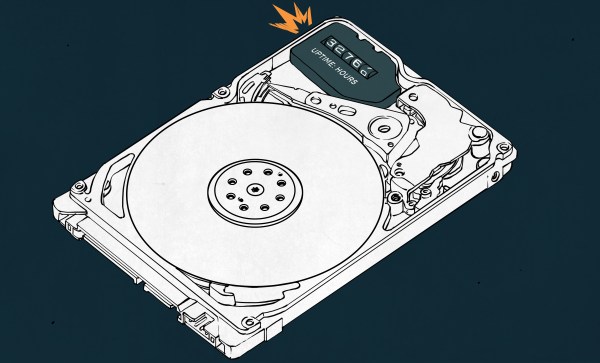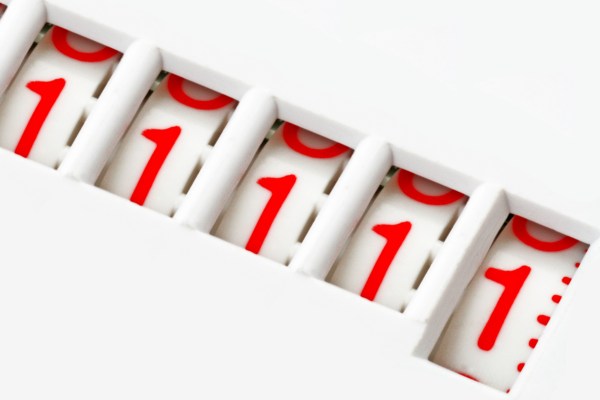We return to [Tom Verbeure] hacking on Symmetricom GPS receivers. This time, the problem’s more complicated, but the solution remains the same – hardware hacking. If you recall, the previous frontier was active antenna voltage compatibility – now, it’s rollover. See, the GPS receiver chip has its internal rollover date set to 18th of September 2022. We’ve passed this date a while back, but the receiver’s firmware isn’t new enough to know how to handle this. What to do? Build an interposer, of course.
You can bring the module up to date by sending some extra init commands to the GPS chipset during bootup, and, firmware hacking just wasn’t the route. An RP2040 board, a custom PCB, a few semi-bespoke connectors, and a few zero-ohm resistors was all it took to make this work. From there, a MITM firmware wakes up, sends the extra commands during power-on, and passes all the other traffic right through – the system suspects nothing.
Everything is open-source, as we could expect. The problem’s been solved, and, as a bonus, this implant gives a workaround path for any future bugs we might encounter as far as GPS chipset-to-receiver comms are concerned. Now, the revived S200 serves [Tom] in his hacking journeys, and we’re reminded that interposers remain a viable way to work around firmware bugs. Also, if the firmware (or the CPU) is way too old to work with, an interposer is a great first step to removing it out of the equation completely.













